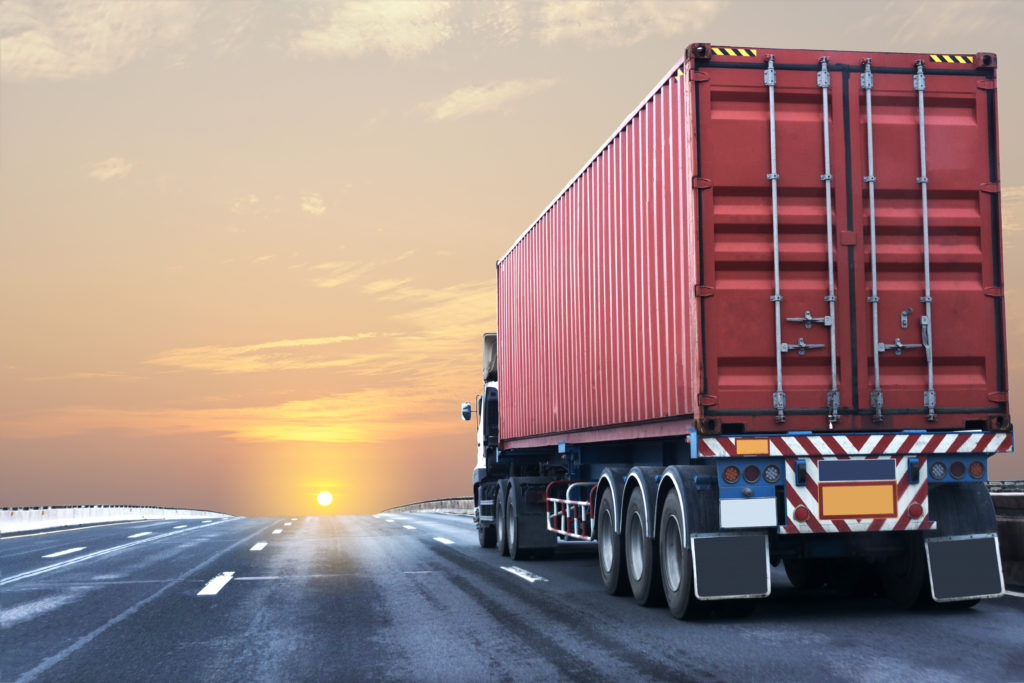
Because of COVID-19 concerns, the Federal Motor Carrier Safety Administration has decided to postpone its Truck Safety Summit.
After President Donald Trump announced in mid-March that he would be suspending all travel to the United States from Europe for 30 days, the FMCSA decided it would be delaying the summit, which was scheduled to be held on March 19th at the U.S. Department of Transportation headquarters in Washington.
“We will be following changes in the impact of COVID-19 and work to schedule a new date for the summit in the near future,” said FMCSA in the announcement.
The summit’s goal was for the agency to gain new insight into how to best improve the safety of motor carrier operations. Once the formal conference is finally held, stakeholders, motor carriers, truck drivers, federal and state agency partners, safety technology experts, and safety advocacy groups will have a chance to come together and have “an opportunity to share their ideas on improving truck safety.”
The summit also would have been a follow-up to the Transportation Research Board’s recent annual meeting, which took place in January. There, Jim Mullen, FMCSA Administrator, explained that he was urging the agency to implement new methods of reversing the large amount big-rig fatalities that had been occurring over the last four years.
Between 2017 and 2018, for example, deaths in crashes involving large trucks increased from 4,905 to 4,951. The issue of driver fatigue is a growing problem as well, as the National Transportation Safety Board has said it is making efforts to focus on the issue regarding fatigued drivers. The board also named decreasing fatigue-related accidents as one of the safety improvements on its ‘Most Wanted List’ of 2019-2020.
Hours-of-Service disagreements have also been a major issue in the industry, as stakeholders believe the relaxation of regulations will make it possible for drivers to work longer hours on less rest–bringing a possibility for more fatigued drivers and thus, more accidents.
These topics were all likely to be key discussion points at the summit.
“We are disappointed, but the safety of the attendees is of the utmost importance,” said the FMCSA on its website. “We look forward to setting a new date for the Summit.”
Another event cancelled due to coronavirus worries is 2020’s International Roadcheck, which was originally planned to take place between May 5th and 7th. The Commercial Vehicle Safety Alliance said the rescheduled date has yet to be determined.
“The alliance will monitor the status of the coronavirus pandemic and appropriately select the new dates when it’s safe and reasonable to do so,” said CVSA. “Once the rescheduled dates have been selected, CVSA will notify the commercial motor vehicle enforcement community, the motor carrier industry, the press, and the public.
This 73-hour Roadcheck was to be an amped-up version of the checks that have been running on schedule for the last 32 years. This year, the enforcement effort would focus on driver requirements.
According to CVSA, 944,794 violations out of last year’s 3.36 million inspections were in the category of driver requirements. Of those, nearly 200,000 citations were for out-of-service conditions, according to the Federal Motor Carrier Safety Administration’s data.
Some of the most common requirement violations include: insurance and vehicle registration, proof of medical qualifications, detected substance use, failure to wear a seat belt, and giving a false record-of-duty status.
Because the Roadcheck has run smoothly for over three decades in a row, the decision to postpone was “thoroughly and thoughtfully discussed,” said Delaware State Police sergeant and CVSA president, John Samis.
“As we urgently respond to this time-sensitive crisis, we must remain diligent and committed to ensuring that the commercial motor vehicles and drivers providing essential goods and services to our communities are following motor carrier safety regulations,” Samis explained. “Safety doesn’t take a break. It is always our top priority.”
The CVSA still plans to monitor the COVID-19 outbreak closely, notify membership and industry stakeholders of the new Roadcheck dates, follow guidance from public health experts, and keep the public updated regarding future enforcement and safety campaigns.
“This experience is unprecedented in our modern society,” said Samis, “and we need to do all that we can to help stop the spread of this global pandemic.”



